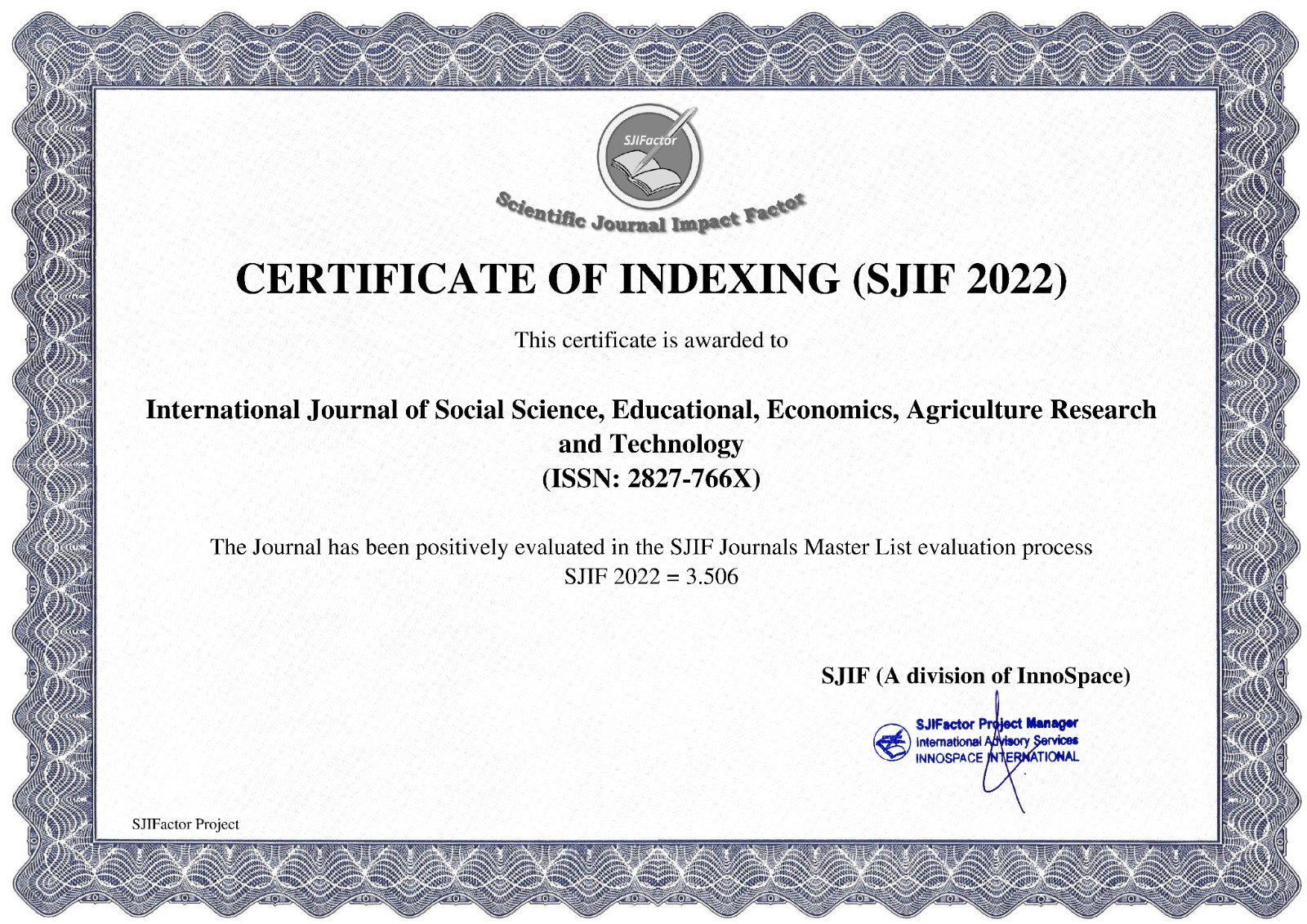MANAGING STRESS IN MODERN LIFE
Main Article Content
Moh.Muslim
Modern life is characterized by information acceleration, complex work demands, seamless digital connectivity,Global uncertainty has increased the prevalence of stress in society. Stress, once considered an individual psychological disorder, has now become a collective phenomenon that threatens the quality of human life.Often, stress is hidden in everyday routines, so symptoms such as fatigue or anxietyoften ignored because it is considered normal, even though both are indicatorsimportant thatrequires a serious response. This article aims to raise awareness of the risks of stress by analyzing its indicators, variations in individual responses, and personality characteristics that influence how people cope. The solutions offered include conceptual and practical approaches, such as strengthening resilience through emotional intelligence, mindfulness techniques, social support, and effective time management. These strategies are designed to build resilience, enabling individuals to remain productive and maintain a balanced life amidst the dynamics of change and uncertainty. The paradigm shift in stress management now emphasizes a holistic approach focused on enhancing adaptive capacity. Its implementation involves self-awareness, long-term commitment, and collaboration with the surrounding environment to achieve well-being.
American Psychological Association (APA). (2014). The Road to Resilience.
American Psychological Association (APA). (2024). Stres in America™ 2024: The Impact of Economic Uncertainty.
Badan Pusat Statistik. (2022). Indeks Kebahagiaan dan Kesehatan Mental Masyarakat Indonesia.
Chartered Institute of Personnel and Development (CIPD). (2024). Health and Well-being at Work Report.
Cohen, S., & Wills, T. A. (2024). Stres, social support, and the buffering hypothesis.
Covey, S. R. (1989). The 7 Habits of Highly Effective People. Simon & Schuster.
Dweck, C. S. (2006). Mindset: The New Psychology of Success. Random House.
Foster, J. A., & McVey Neufeld, K. A. (2013). The Gut-Brain Axis: Dietary and Microbial Interactions. Neurogastroenterology & Motility, 25(1), 1-13.
Gallup. (2023). State of the Global Workplace Report 2023.
Goleman, D. (1995). Emotional Intelligence. Bantam Books.
Grant, B. F., Saha, T. D., Ruan, W. J., Chou, S. P., Compton, W. M., & Pickering, R. P. (2020). Epidemiology of DSM-5 Substance Use Disorders in the United States: Results From the National Epidemiologic Survey on Alcohol and Related Conditions-III. JAMA Psychiatry, 77(9), 922-932.
Hu, T. Y., Zhang, W., & Xu, J. (2020). Mental Health Services for Healthcare Workers During the COVID-19 Pandemic: A Scoping Review. Journal of Clinical Psychology in Medical Settings, 27(4), 856-865.
Kabat-Zinn, J. (1990). Full Catastrophe Living: Using the Wisdom of Your Body and Mind to Face Stres, Pain, and Illness. Delta.
Karasek, R. A., & Theorell, T. (2023). Healthy Work: Stres, Productivity, and the Reconstruction of Working Life.
Kementerian Kesehatan Republik Indonesia. (2022). Laporan Nasional Kesehatan Mental dan Psikososial Masyarakat Indonesia.
Kementerian Kesehatan RI. (2022). Profil Kesehatan Mental Masyarakat Indonesia. Jakarta: Pusat Data dan Informasi Kemenkes.
Kurniawan & Utami, (2022). Validation of Online Fear of Missing Out (ON-FoMO) Scale in Indonesian Version, Jurnal Neo Konseling, Volume 4 Number 3 2022
Leiter, M. P., & Maslach, C. (2016). Burnout and engagement: A work life handbook. Routledge.
Maslach, C., & Leiter, M. P. (2022). The burnout challenge: Managing people's relationships with their jobs. Harvard University Press.
Mangkunegara, Anwar Prabu. (2014). Manajemen Sumber Daya Manusia Perusahaan. Bandung: PT Remaja Rosdakarya.
Muslim, M. (2015). Manajemen Stres Upaya Mengubah Kecemasan menjadi Sukses. Journal Esensi, Vol. 18 No. 2.
Muslim, M. (2020). Manajemen Stres Pada masa pandemic. Journal Esensi, 2020.
Rachmawati, D., & Siregar, Y. (2023). “Stres Psikososial Akibat Tekanan Sosial Digital di Kalangan Profesional Muda.” Jurnal Psikologi Sosial Indonesia, 19(2), 98–114.
Riset Kesehatan Dasar Indonesia (Riskesdas, 2022)
Rivai, Veithzal dan Sagala, Ella Jauvani. (2014). Manajemen Sumber Daya Manusia untuk Perusahaan: Dari Teori ke Praktik. Depok: Rajawali Pers.
Robbins, S. P., & Judge, T. A. (2018). Organizational behavior (18th ed.). Pearson Education.
Sedarmayanti. (2019). Manajemen Sumber Daya Manusia, Reformasi Birokrasi dan Manajemen Pegawai Negeri Sipil. Bandung: PT Refika Aditama.
Sinek, S. (2023). The Infinite Game.
SMERU Research Institute. (2022). Tantangan dan Perlindungan Sosial Pekerja Gig Economy di Indonesia.
Steel, P. (2007). The Nature of Procrastination: A Meta-Analytic and Theoretical Review of Motivational and Cognitive Components. Psychological Bulletin, 133(1), 65–94.
Taleb, N. N. (2012). Antifragile: Things That Gain from Disorder. Random House.
Tedeschi, R. G., & Calhoun, L. G. (2004). "Posttraumatic Growth: Conceptual Foundations and Empirical Evidence." Psychological Inquiry, 15(1), 1-18.
WHO. (2023). Kesehatan Mental dalam Masyarakat Perkotaan Global. Jakarta: Terjemahan Resmi Kemenkes RI.
Wibowo. (2016). Manajemen Kinerja. Jakarta: Rajawali Pers.






















